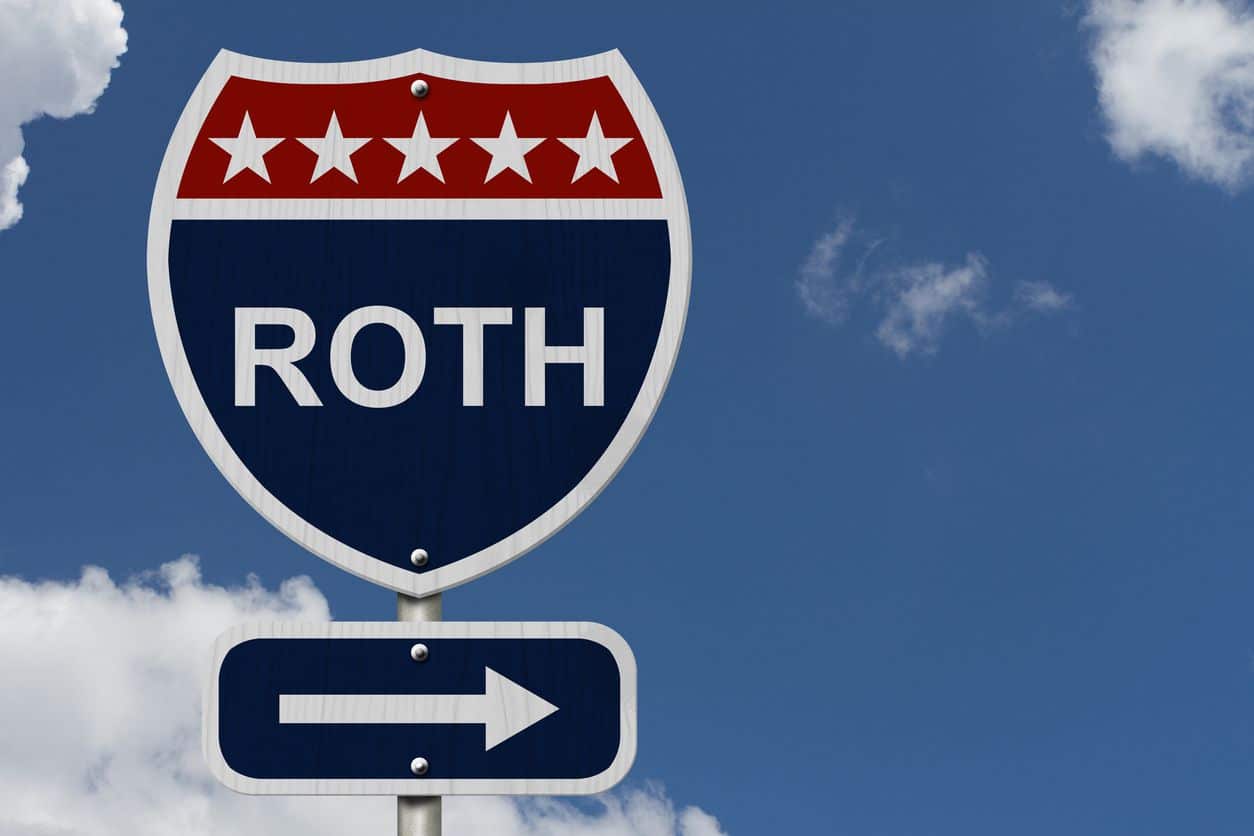The average monthly Social Security is a little more than $1,500. It wasn’t designed to sustain seniors without other income.
Tucson.com’s recent article entitled “3 Reasons a Roth IRA Is a Perfect Supplement to Social Security” reminds us that it's important to line up some additional income streams outside of those benefits. A good one to look into is a Roth IRA, and here's why.
- You’re able to fund a Roth IRA at any age. Many seniors choose to work in retirement, either to make some more money or to give themselves something to do with their free time. If you go this route, you'll have the option to put those earnings into a Roth IRA. You can contribute to a Roth IRA at any age. Therefore, if you decide to work more for the purpose of alleviating boredom and don't need your full paychecks to live on, you can save that money and allow it to enjoy tax-free growth.
- Withdrawals won't trigger taxes on your Social Security benefits. If Social Security is your only source of retirement income, you'll probably collect your benefits in full without being subject to federal taxes. However, if your earnings exceed a certain threshold, there are taxes on Social Security income. To determine whether you'll have taxes on your Social Security benefits, you'll need to calculate your provisional income (your non-Social Security income plus half of your yearly benefit). You could be taxed on up to 50% of your benefits if you earn between $25,000 and $34,000 as a single tax filer, or between $32,000 and $44,000 as a married couple filing a joint return. iI your provisional income goes beyond $34,000 as a single tax filer or $44,000 as a joint filer, you could be taxed on up to 85% of your benefits. Any Roth IRA withdrawals from that account won't count toward your provisional income. That might also leave you with more money from Social Security.
- Flexibility. The Roth IRA is the one tax-advantaged retirement savings account that doesn't have required minimum distributions, or RMDs. That allows you considerable flexibility with your money. You can let your account sit there, while your money enjoys tax-free growth. You can also leave some money to your heirs, if that's something you can afford to do.
Plan on having access to some retirement income outside of Social Security. While that income doesn't have to come from a Roth IRA, it pays to open one and contribute steadily during your career. A Roth IRA won't give you an immediate tax break, but your contributions will be made with after-tax dollars. Therefore, the benefits you stand to gain in retirement more than make up for that.
Reference: Tucson.com (Oct. 5, 2020) “3 Reasons a Roth IRA Is a Perfect Supplement to Social Security”


